About four years ago, I wrote an article about relationship between facial hair and computer languages success (this is cached page, the original article has been lost). Today, I want to recall this article and see what happened with my theory.
Let’s start from Fortran, Ada and Simula. Fortran inventor, John Backus, died in Oregon last year. Ada inventor, Jean Ichbiah died three months earlier from brain cancer in Paris. Kristen Nygaard, the father of Simula, died of a heart attack. Let’s pause to remember those giants.
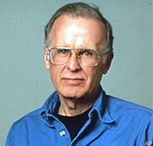
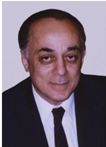
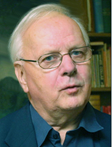
What’s about F#? His inventor, Dr. Don Syme has neither beard, nor moustaches. Thus it looks like there is no real future expected to this language
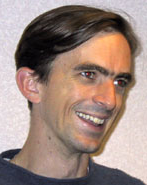
What happens with Prolog inventor, Alain Colmerauer? He still has no beard. This means, that the great future is not expected to Prolog as well.

Let’s see what’s going on with C? Brian W. Kernighan, Dennis M. Ritchie and Kenneth L. Thompson. They are fine. Still have very good bears, so C has long long life. Currently this computer language is used in 16% of open source projects (according SourceForge)
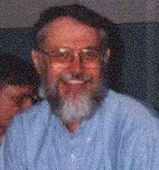
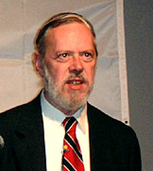
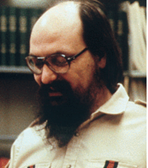
Next in row – Smalltalk aka Alan Curtis Kay. He has moustaches today, but no one really using Smalltalk. What’s the problem? He’s Flex concept got small bust those days. But all problems around Flex concept are stopping it from being very popular in real life.
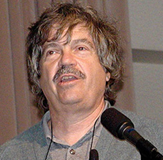
Objective - C – Brad Cox. It does not look like he has at least moustaches those days. Even his Java+ concept faded in past
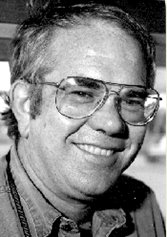
C++ still about 18% of industry, however it seemed like C++ just disappears from from computer horizons. Let’s try to understand why. Just compare Bjarne Stroustrup’s facial hair at the beginning of C++ gold era
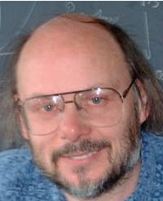
A couple of years ago

And those days
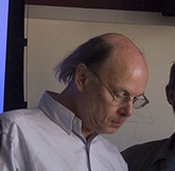
Don’t you see the real degradation of his beard and moustaches? Bjarne, throw your shaver out of window and fast to save C++!
Now let’s see what’s going on with Thomas E. Kurtz, the inventor of Basic. When he has those moustaches BASIC was the language of simple yet not very effective programming
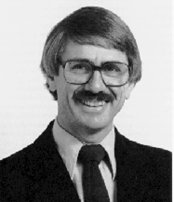
However, today this light weigh language losing it’s popularity (less then 2% of the industry). This why:
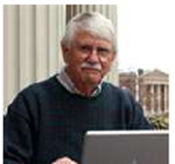
What’s about Perl, that still holding more, than 6% of industry? Larry Wall, keep those grand moustaches!
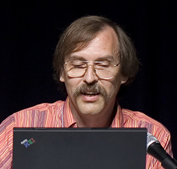
Now my favorite – Ruby and Python. Last year two those languages become super popular in web environment. Has anything changed in their inventors facial hair? Both Van Rossum (Python) and Yukihiro Matsumoto (Python) got beards. BTW, Matz did it because of my article (see comments). Keep doing!
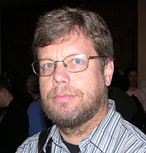
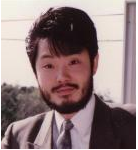
But what’s going on with C# and Java? Anders Hejlsberg still has neither beard, nor moustache, thus it’s after four years, the industry share of C# is around 4%, while James Gosling’s beard got better within 18% of open source projects
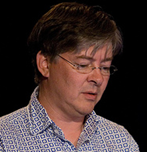
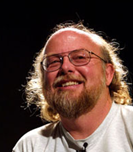
What’s next? There are some new languages in horizon. There are no really new, but there are new concepts, like RubyCLR with Sam Ramji, that looks like has small chances to be really popular

As well as Scott Guthrie with WPF and Silverlight (well it’s not really him, but other architects in Microsoft are not much hairy)
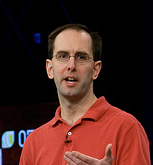
JSON (aka JSLint) with Douglas Crockford has very good chances. Keep doing, Douglas.
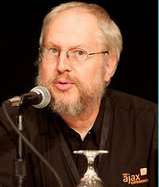
When IronPython (and other DLR-based languages) are hard to see see good chances for Jim Hugunin
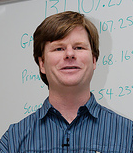
Let’s take a look into functional and modular modern languages such as Haskell. Its arch-fathers Simon Peyton-Jones, Paul Hudak and Philip Wadler neutralize one each other, so, it’s very hard to predict it’s fortune. However if we’ll normalize their hair we can get very good chances for Haskell.
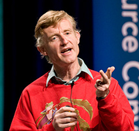
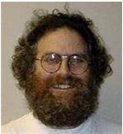

Last time, I completely forgot about PHP by Rasmus Lerdorf. This language is rather popular and it is not because of it’s nature. See Rasmus face to understand why.

To summarize, it’s looks like my old assumption is still valid, even for new languages so what are you waiting for? Want to be famous and make significant history? Grow a beard!
2 comments:
Doesn't predict good things to Scala...
BTW a small typo: Matsumoto is the father of Ruby, not Python.
For the future of Scala! Someone has to tell Odersky to grow a beard.
Post a Comment